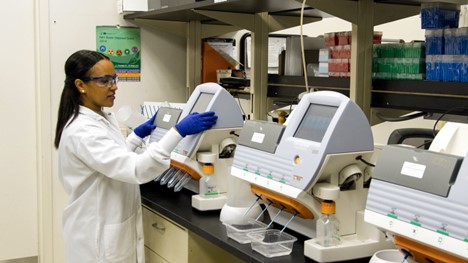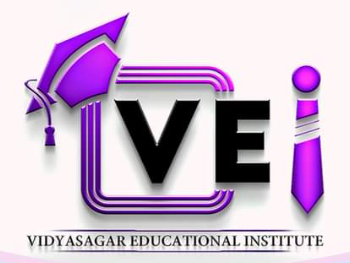Paramedical Courses: Subjects, Eligibility, Duration
In contrast to the typical MBBS degree, paramedical courses are profession-oriented medical training courses that enable students to develop a career in the medical industry in a short amount of time and at a low cost. Candidates can enter the medical industry through paramedical courses in areas such as medical emergency, aid, and diagnostics.

Paramedical Courses are career-focused medical education. Students may select a paramedical course that interests them from the list provided on this page. The following section contains information about several popular paramedical course programmes. The critical question on every student's mind is "Which paramedical exam is the best for me after Class 12?" If this is also the case with you, then this article is exclusively for you.
Eligibility for Paramedical Courses
There is an increasing demand for paramedics professionals both in India and abroad. Paramedical offers numerous courses for students after class 12th. Students who have passed Class 12 in Science with Biology are eligible to join paramedical courses. The basic paramedical course qualifying criteria are 50% in class 12 (45% in the case of SC/ST). Physics, Chemistry, Biology (or maths in some situations), and English are also required subjects in grades 10 and 12. Students who complete class 10 are eligible for paramedical certificate courses.

Types of Paramedical Courses
Paramedical courses are available in:
- Bachelor’s Degree course
- Diploma course
- Certificate course
- Postgraduate Course
About Paramedical Course
Paramedical courses are career-oriented courses that include training for services that assist doctors in making better diagnoses. Nursing, physiotherapy, first aid, x-ray, radiography, and other services are examples of these. Nurses, physiotherapists, radiologists, and MRI technicians earn the most in the paramedical area.
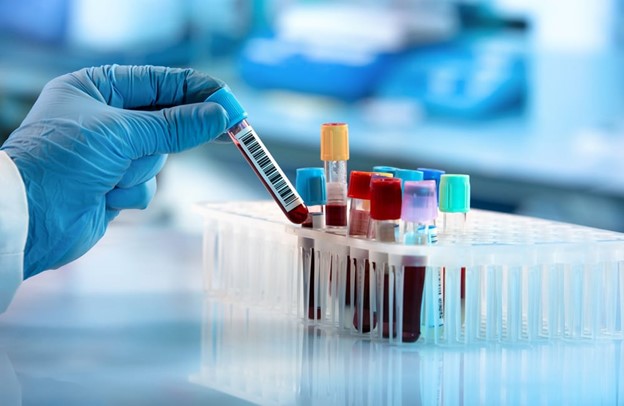
Why do Paramedical courses ?
- As a paramedic, you will have the opportunity to offer medical care and save lives.
- You can make a difference in people's lives and assist those in need as a paramedic.
- Individuals who choose to become paramedics have the option to pursue a fulfilling profession depending on the work they conduct on a daily basis.
Who should do Paramedical courses ?
- Candidates who have passed Class 12 in Science with Biology are eligible to join paramedical courses.
- Candidates who have scored 50% in class 12 (45% in the case of SC/ST). Physics, Chemistry, Biology (or maths in some situations)
- Candidates who wish to develop a career in the medical industry in a short amount of time and at a low cost.
- Candidates who want to open their own laboratories/clinics.
When to do the Paramedical course?
- If physics, chemistry, and other disciplines interest you, you can apply for this course.
- Candidates who do not want to take NEET and love the medical stream can apply for this course.
Major Sectors that Cover the Paramedical Courses
These paramedical courses train a student in specialised fields such as X-Ray technology, dialysis etc. Below is the comprehensive list of areas that comes under the umbrella of Paramedical courses.
• X-Ray technology
Courses in X-Ray technology are quite popular among students and are critical in medical treatment. Students learn about several forms of X-Rays, the Imaging Technology utilised, how to read an X-Ray, and when to use which sort of X-Ray in a certain situation.
An X-Ray technician can make up to Rs 5.5 lakh per annum in India. A person who holds a degree or diploma can earn up to Rs 30,000 per month. Earnings might be increased even further in the United States of America (USA) or other foreign countries.
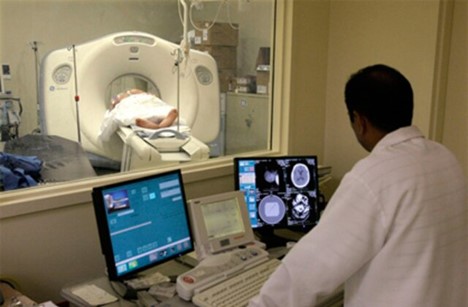
• Anaesthesia Technology
This course is designed to teach students how to deliver anesthetic dosages of varying concentrations in a variety of medical situations. The Anesthesia Technique is a critical first step in the majority of medical treatments. Additionally, it is critical because they monitor patients' health and reaction to the anesthesia.
The salary of Anesthetics at entry-level positions might range from Rs 1 lakh to Rs 2 lakh. Anesthetic specialists earn a substantial salary, which increases significantly if you are a cardiac anesthesiologists. Anesthetics can easily earn salaries of up to Rs 12 lakh in India over time. Countries such as the USA pay three times as much as India for anesthetics.
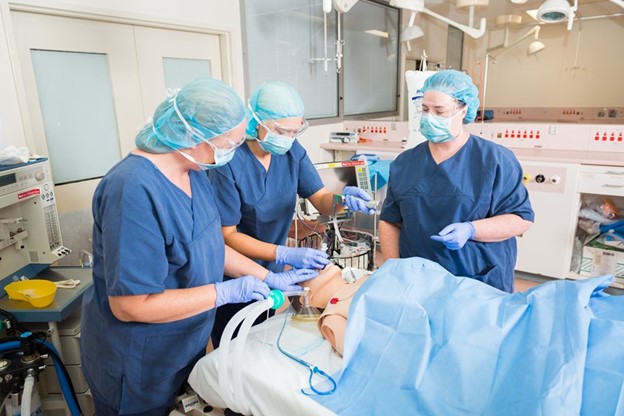
• Physiotherapy
This branch of the medical field deals with the physical movement of human limbs. Various therapy techniques like electrotherapy, exercise, movement training, etc. are used to treat patients. Physiotherapy is also used after surgeries and implant operations to bring back the natural movement of injured body parts. There are great career opportunities for physiotherapists in the sports field which requires physiotherapists 24x7 on the field. A physiotherapist's monthly salary ranges from INR 15,000 to INR 70,000. A personal physiotherapist or a sports physiotherapist might make up to Rs 50,000 per month.
• Dialysis Technology
Dialysis courses teach students about dialysis equipment, techniques, and procedures. As part of this course, students will learn how to understand and read reports to diagnose the problem. Dialysis removes waste liquid and impure blood from the body when it is unable to do so by itself. A technician at the basic level can expect to earn around INR 18,000 per month. Following that, salaries might reach up to INR 50,000 per month, depending on the technician's experience.
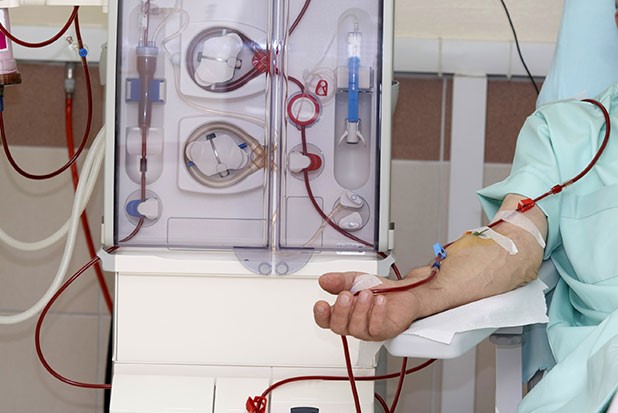
• Audiologist and Speech Therapist
The professional who assists in the treatment of people with speech and hearing impairments is an audiologist. Therapy and specific technology and equipment are used to treat patients who are born with speech disorders, such as stuttering. A wide range of diagnostic procedures, impairment levels and equipment knowledge is covered in these courses. Beginner audiologists can make up to INR 4.8 lakh per annum.
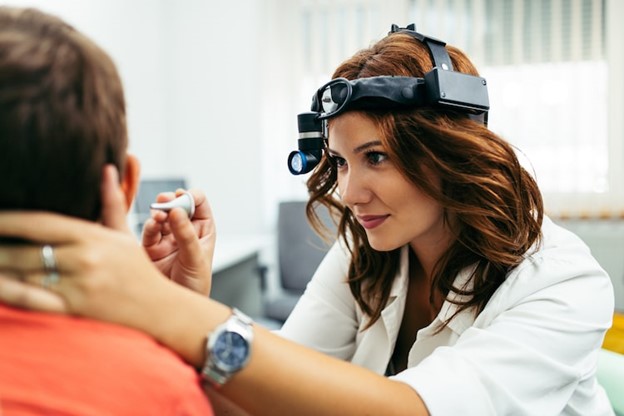
• Medical Laboratory Technologists
Laboratories play a critical role in the treatment of disease. Diseases are typically diagnosed by laboratory testing, which requires a qualified technician who is proficient in testing and analyzing samples as well as reading results.
Additionally, you can open your laboratory or begin your career as a technician. As a laboratory technician, there is significant professional advancement potential in a variety of specialized medical sectors, as well as fairly steady work. A lab technician's income ranges from INR 1.17 LPA to INR 5.5 LPA
